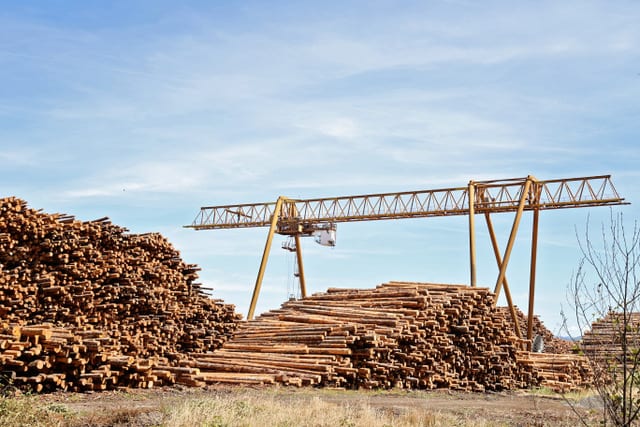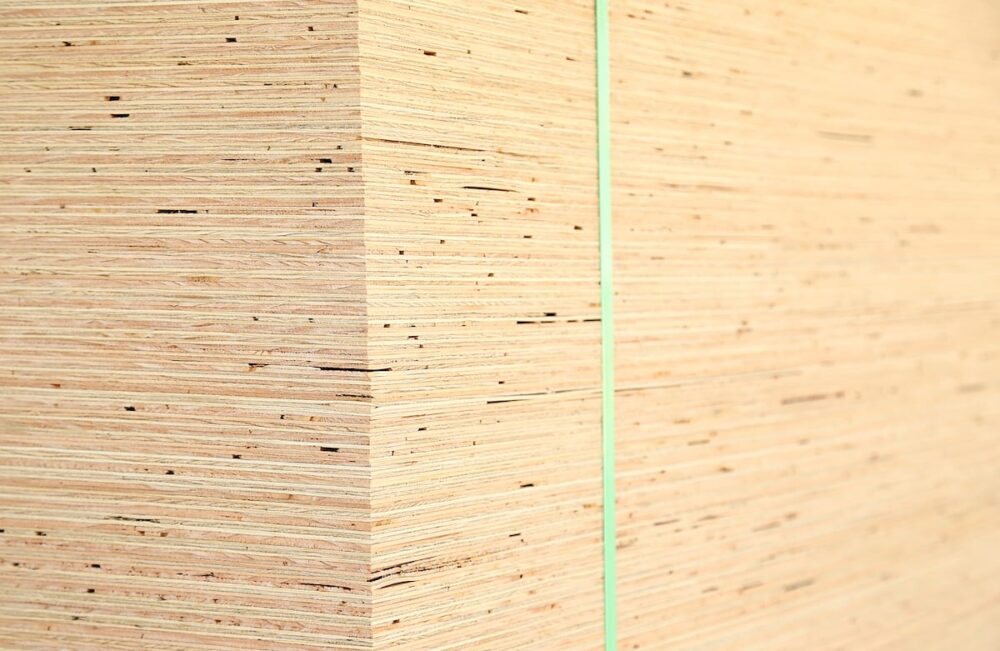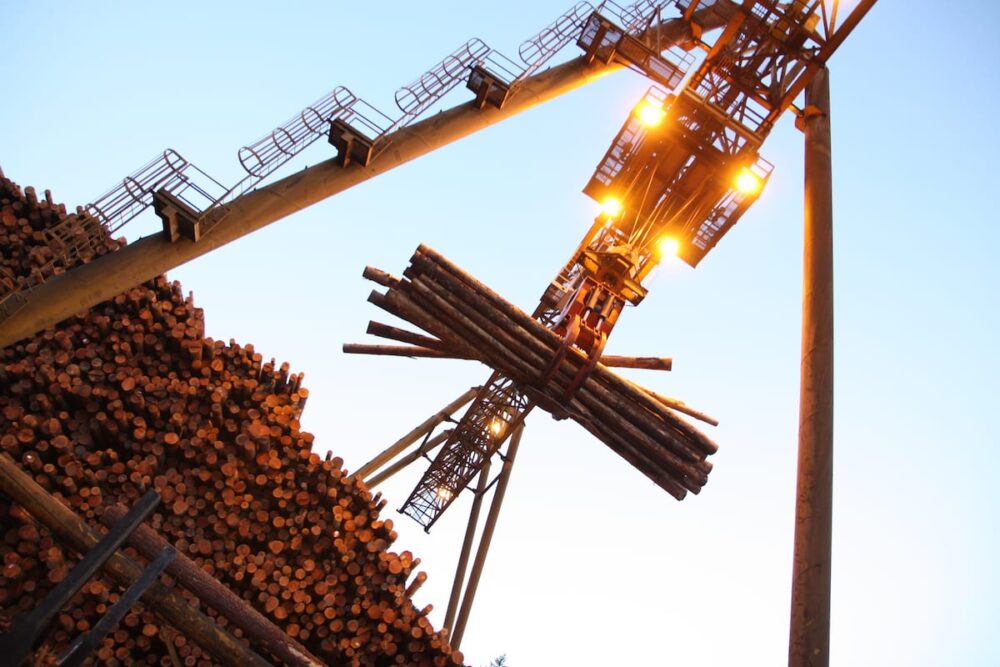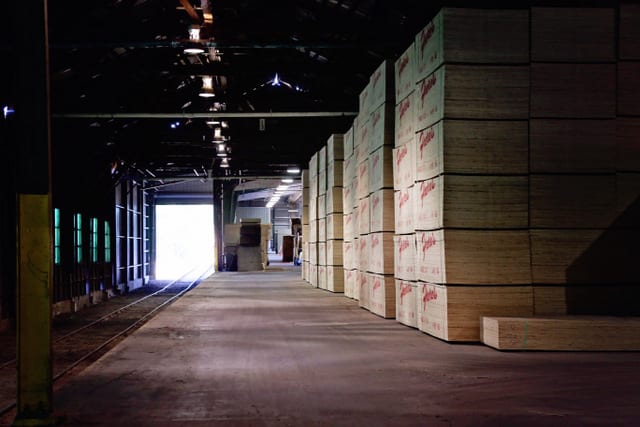The APA has just issued Product Advisory SP-1185 title,“Imported Plywood Panels from Brazil Evaluated for Conformance to US Product Standard PS 1-09 Requirements.” Testing conducted by the APA indicates that Brazilian plywood panels stamped as structural panels meeting PS 1-09, DO NOT MEET the stiffness requirements of the designated species grouping OR the referenced Span Rating for roof sheathing, as defined by the US standard.

U.S. architects, engineers, building contractors, wholesalers and retailers should beware that Brazilian structural plywood failed to meet stiffness requirements (PS 1, Table 9 Species Group Classification Test Criteria for Other Than Span-Rated Panels) for Group 1 by a margin of 23 to 55 percent! Corresponding panel bending stiffness failed to meet the required 0.2- inch deflection criteria for Roof-48 Span-Rated panels at 35 psi by a margin of 15 to 41 percent!
Nine data sets were tested from 7 different Brazilian plywood manufacturers, and NONE of the individual lots of plywood panels performed at the serviceability level documented for Group 1 species within PS 1.
Let’s be clear about what this means. Those who use, sell, or distribute Brazilian structural plywood panels indicating that the panels meet the requirements of PS 1 do so at their own peril. The US imported 721 million square feet of Brazilian structural plywood panels in 2017. For refence, that volume is equivalent to over 4 plywood manufacturing plants of our size producing at full capacity. Year-to-date Brazilian imports have increased by another 21%. APA’s Product Advisory calls into question all structures built with Brazilian plywood, all distribution yards holding Brazilian plywood, and all those importing Brazilian plywood. If these products do not meet the minimum product standards, they should not be sold in the US.

The best protections we have as panel producers are stringent product standards,which ensure that the end consumers are purchasing panels that not only perform as they are intended, but are consumer safe for the life of the structures they are used in. During Hurricane Katrina, FEMA shelters using cheap Chinese imports were declared unfit for use due to formaldehyde off-gassing that endangered consumers. US manufacturers are considered formaldehyde exempt under CARB and CARB II due to stringent manufacturing controls and processes that result in negligible off-gassing.

A couple of caveats to ensure I am as fairhanded as possible about the issue. In very broad numbers the US now imports over 50% of all the structural wood products used domestically. Historically, almost all wood products used to be manufactured within the US. The fundamental issue is cost. We do not manage the forests in the Pacific Northwest on a “sustained yield basis.”If we did, the annual harvest in Oregon would be closer to 10 billion board feet of timber instead of less than 4 billion board feet. In fact, due to the pathetic forest management programs, mortality exceeds regrowth on our Federal Forests! Additional harvest would allow lower log prices due to additional supply, which would make domestic producers much more competitive with imports. Not only are reduced local harvests creating the potential for environmentally damaging forest fires in Oregon, but we are encouraging harvests from environmentally sensitive areas in Brazil with little or no protections for endangered plants or animal species.
Secondly, there are NO import protections for veneer or panel products such as exists for lumber with the Softwood Lumber Agreement. This is largely because US panel producers have never banded together to form any organization to protect our own interests. The US has become the dumping ground for panel imports from around the world with little-to-no protection.

Commit to buying and using US made products. It is the only certain way you can support products that are made with quality, are safe for consumers and support sustainable forest practices.
Subscribe
We’ll send you a notification when a new story has been posted. It’s the easiest way to stay in the know.